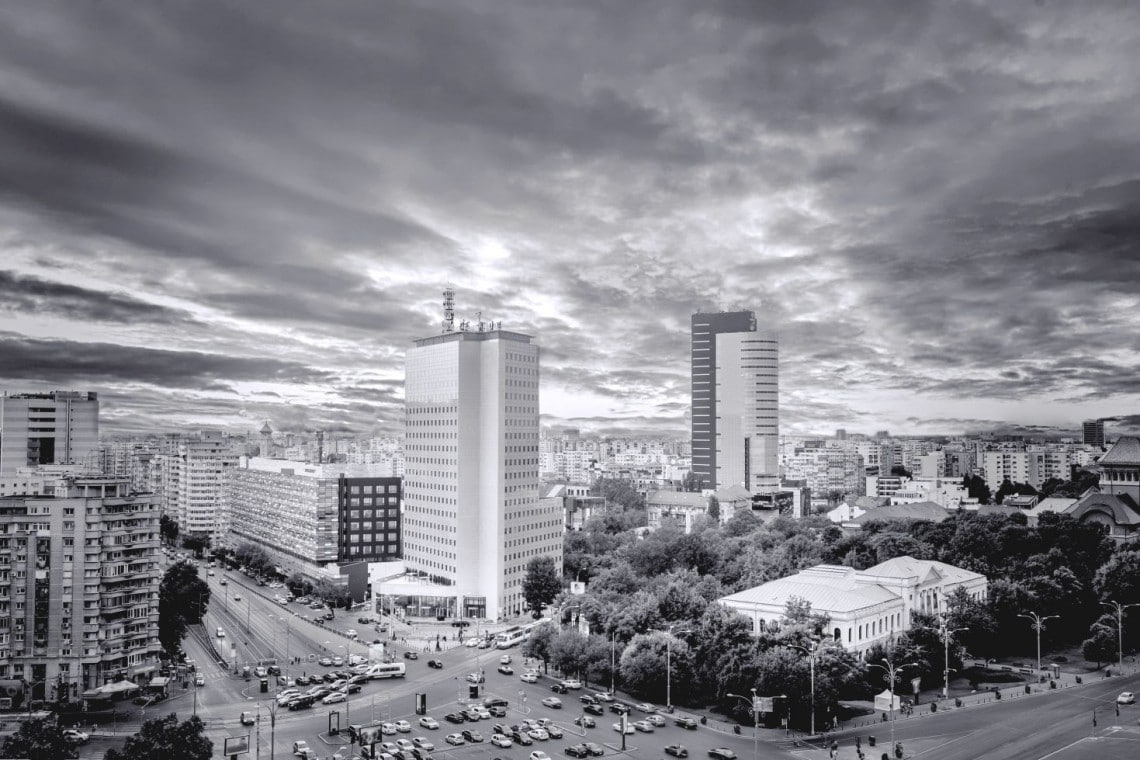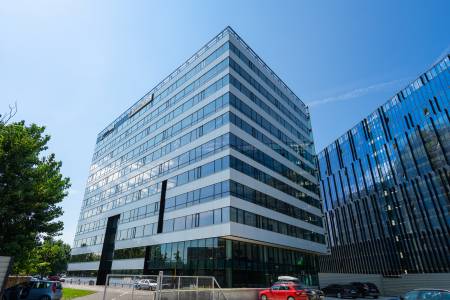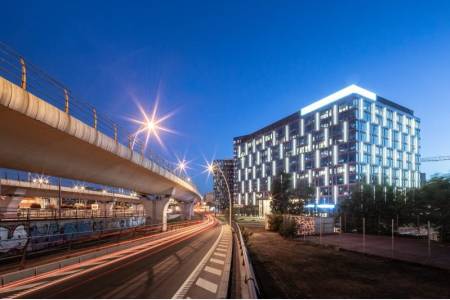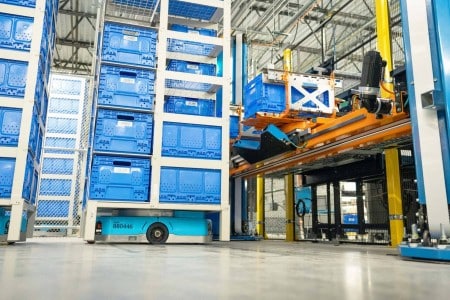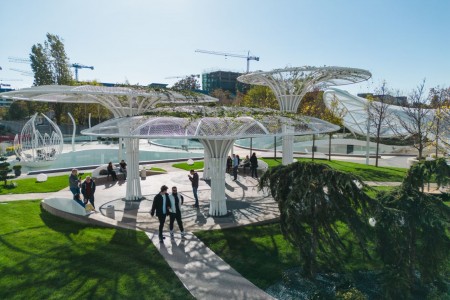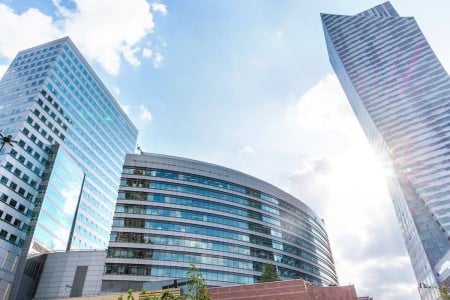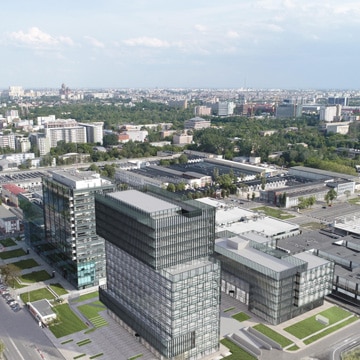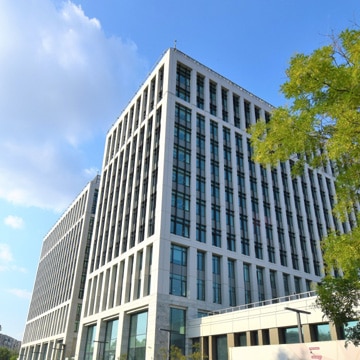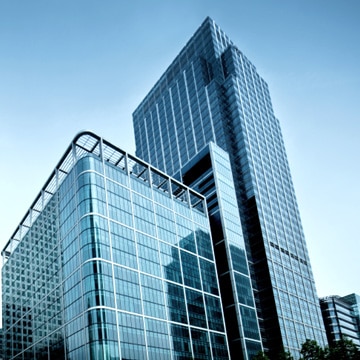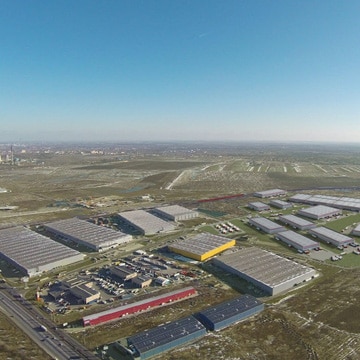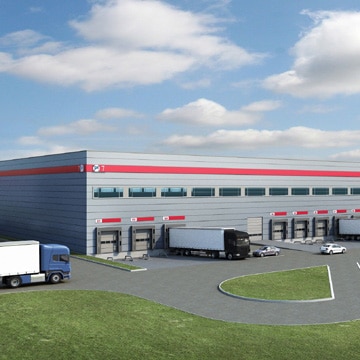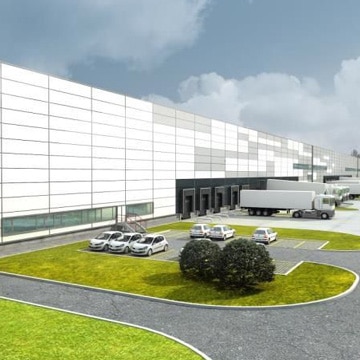What will companies do in the post-COVID-19 period? Will they return to the consolidation strategy, namely placing the entire company under a single roof, be that an office building or a business park? Or will they choose to “atomize” them through Work from Home or Work Near Home? Or will they adopt a hybrid strategy that will combine work from the office with work from home and work near home? How will, in the medium and long term, the increase of work from home system influence: productivity, teamwork, creativity, belonging to the organizational culture, and employee retention? In an uncertain time, we are going through, answering these questions is quite challenging. The answer and decisions implemented by companies now during the pandemic could leave deep traces in the organizational culture and in the way of working for the next 10-20 years.
Before COVID 19, the office market in Bucharest and the main cities of the country was going through an intense process of consolidating the companies’ operations in a single building or a business park (ex. Microsoft consolidated in Campus 6.2 with approx. 23,000 sqm; IBM consolidated in The Bridge Business Park with about 28,000 sqm, etc.). This trend was possible due to the advance that the office market has taken in the last seven years. In this way, companies optimized their operating costs and optimized communication and interaction between employees and between departments.
COVID 19 changed overnight the trend of consolidation to the one of atomization, in the first stage by working exclusively from home during the state of emergency (lockdown) and then through the transition to the hybrid variant of working in shifts: by rotation, some employees work from home and some from the office.
The prospect that the restrictions brought by the COVID 19 pandemic will exceed a time horizon of 18-24 months challenges companies to make strategic decisions that will influence in the medium and long term their working manner and organizational culture.
In order to overcome the economic crisis generated by the pandemic, companies must make decisions that protect employees’ health and safety and maintain productivity, creativity, collaboration, and a sense of belonging to the organization at a high level.
Before the pandemic, many companies tried to create an attractive work environment in the office, with spaces for socializing, relaxation, collaboration, and brainstorming, meeting in small, medium, and large groups to create a collaborative and creative atmosphere. Their intrinsic value most likely did not disappear overnight but is only suspended by the need for social distancing. Still, it may return to similar forms of interaction in the future, especially for companies that want to innovate and be competitive through team cohesion.
Digitization of the interaction between the team members and everything that has been experienced and learned in recent months could add to the productivity of teams and in tracking tasks. Still, in the post-pandemic era, it is possible for more creativity, collaboration, dissemination of know-how, and to increase the feeling of belonging to the organization, to look for solutions to bring people back together in physical offices.
Suppose an effective vaccine appears in the next year, and the pandemic shows a downward trend. In that case, the trend of consolidating office activities within a single office building or business park may resume in 2022.
Suppose an efficient, widely available vaccine is not found. In that case, it is possible to outline more and more the tendency to atomize the activity both by renting office spaces in buildings located in different parts of the city (Work Near Home) to dissipate the risk of contamination and blocking of the activity as well as to keep a percentage of approximately 30% of the personnel that will continue to work from home.
“As the uncertainty is relatively high, currently adopting a hybrid version that combines office work with work from home will prepare companies to adapt more quickly in the future”, consider Alexandru Petrescu, Managing Partner la ESOP Consulting | Corfac International.
If you would like more information about the office spaces for rent in Bucharest, please contact the ESOP team by filling this brief form or by phone (+4) 0723.26.61.97 or (+4) 021.528.04.40. We’ll promptly answer your inquiry!
